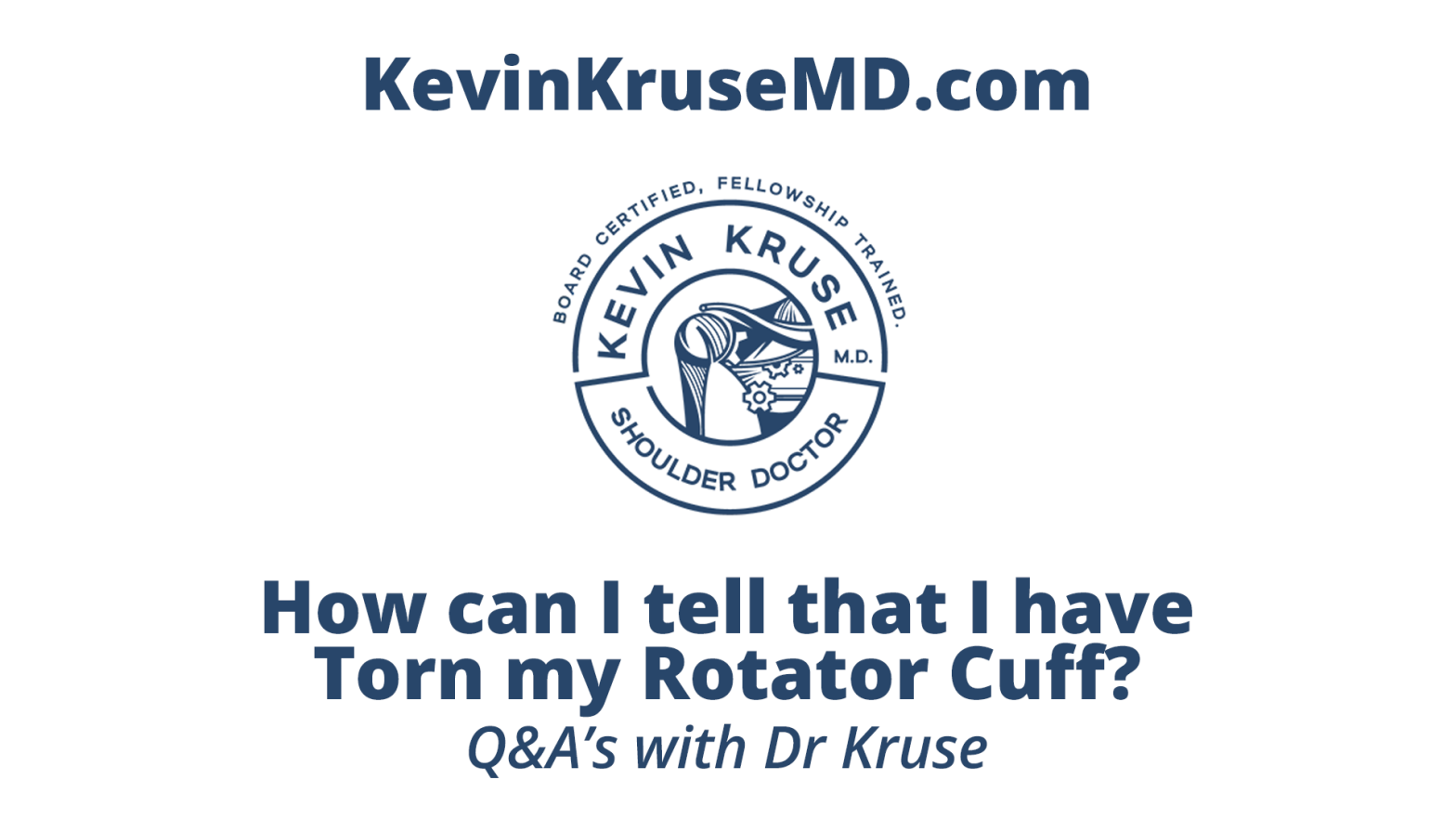
Identifying and Diagnosing Rotator Cuff Tears: What You Need to Know
Recognizing the Symptoms of a Rotator Cuff Tear
Patients often wonder how they can determine if they have a rotator cuff tear. Understanding the common symptoms is crucial. The primary indicator is pain, which can manifest in various ways:
- Pain with Motion: This includes pain during activities like elevating the arm, rotating it (especially behind the back), lifting, twisting, or using the shoulder in any way.
- Pain at Rest: Even without movement, the shoulder might throb or ache.
- Difficulty with Sleep: This is a significant symptom. Many patients report disrupted sleep due to pain when rolling over or just lying down.
Activities like putting on a coat, reaching into the backseat of a car, or lifting objects from high cabinets can also indicate rotator cuff issues. Notably, sleep disturbance is a strong predictor of a full-thickness rotator cuff tear.
The Diagnostic Process
To confirm a rotator cuff tear, two steps are essential:
- Physical Exam: A thorough examination by a professional is necessary.
- Imaging: This begins with an X-ray to examine the bones, followed by an ultrasound, which is quick (about 30 seconds) and efficient. While many surgeons might recommend an MRI, which is time-consuming, an ultrasound can provide the same data more conveniently.
Common Misconceptions and Reality
A widespread misconception is that the ability to use the arm and lift it, despite pain, means there’s no tear. This is not true. The majority of patients with rotator cuff tears, about 90-95%, can still use their arms. They experience pain at rest, during use, and especially at night, affecting their sleep and exercise routines. In more severe cases, patients might struggle to move their arm at all.
Rotator cuff tears can vary in severity, but most patients report pain and some weakness, particularly in lifting activities. The best course of action is to consult a shoulder specialist, get an X-ray, and follow up with soft tissue imaging to assess the tendons thoroughly.
This blog post is based on a video transcript and has been edited for clarity and readability.